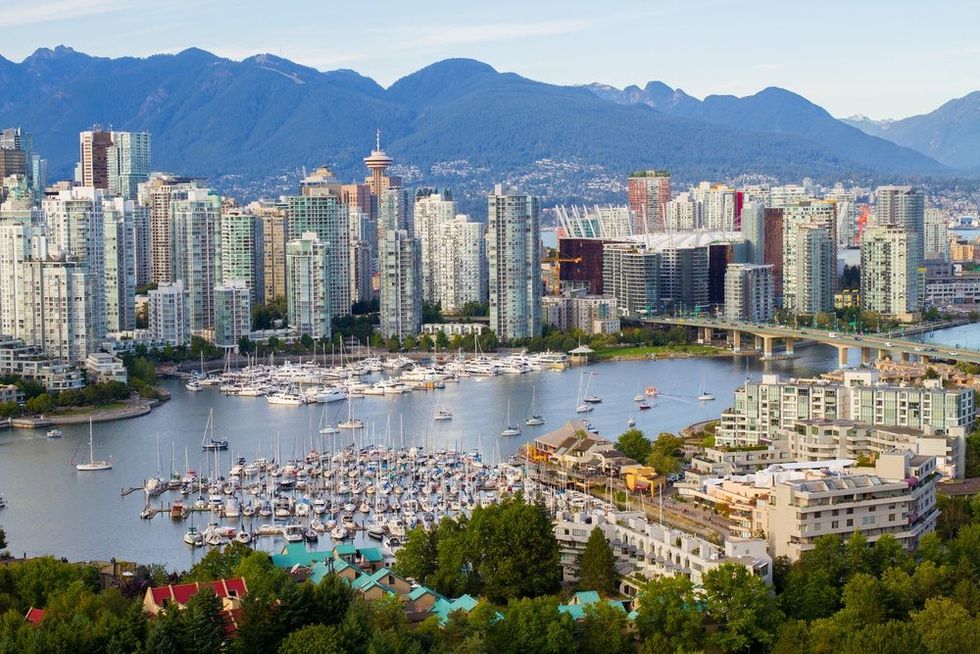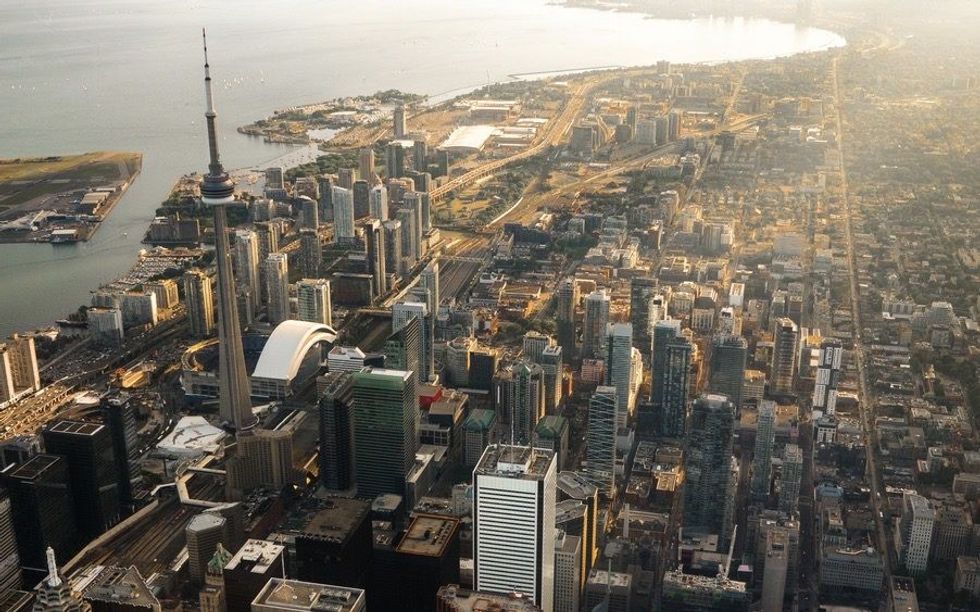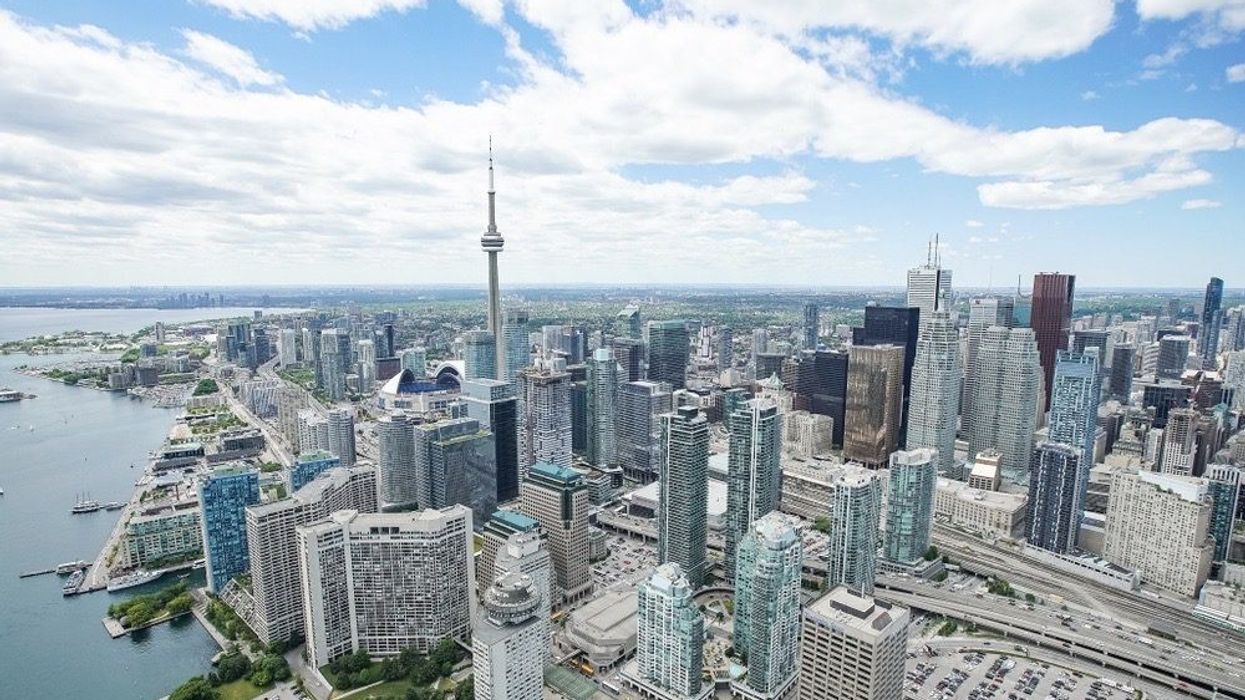More research has emerged to highlight the growing prevalence of investors in Canada’s red-hot housing market.
A new Bank of Canada study released yesterday found that investors accounted for 19% of home purchases dating back to 2014. Just like a fall Equifax Canada report, the report found that this sector grew faster than any other group of homebuyers since the onset of the COVID-19 pandemic.
Titled Housing Demand in Canada: A novel approach to classifying mortgaged homebuyers, the report combines micro data from sources like big Canadian banks and credit reporting agencies to compute the share of mortgaged-financed home purchases associated with three types of buyers: first-time homebuyers, repeat homebuyers, and investors. Investors represent homebuyers with multiple mortgaged properties.
The authors then studied the demographic and financial characteristics of these groups to derive initial insights into financial vulnerabilities associated with different types of homebuyers.

The data revealed a notable spike in residential investors in 2017 and an even larger one in 2021.
“A key insight to emerge from our initial analysis of this data is that home purchases are being driven increasingly by existing homeowners. Within this group, investors have seen the largest gain in their share of home purchases during the COVID‑19 pandemic,” reads the report.
Naturally, the authors point to a subsequent increase in demand on the housing market and hike in prices across the country.
READ: CMHC to Target Down Payment Requirements for Real Estate Investors
The report isn’t without its limitations. In fact, the number of actual investors in the Canadian real estate market is likely much higher. The authors acknowledged limitations in the ability to account for all investors or those with multiple mortgaged properties. Furthermore, it only examines Canadian data, so foreign investors are only counted if they obtained their mortgages in Canada. What’s more, the data does not factor in whether cash was paid for properties, or if purchases were made by corporations.
While purchasers of recreational properties are included in the report's "investor" category, the authors say that their inclusion doesn't alter their findings in any way.
"To investigate this question, we examine the share of investment purchases in non-urban regions. Specifically, we look at investors residing in 11 major cities in Canada and find that their purchases in non-urban areas account for only 4% of all of their investment purchases since 2014," reads the report.
While small, however, this share has increased over time, say the authors -- from about 3% in 2014–15, to about 5.5% in 2020–21. The pandemic is undoubtedly the cause; its onset resulted in a collective reevaluation of living spaces and craving for nature that has set Canada's cottage country real estate on fire since spring 2020.

Despite the growing sector of vacation home purchasers, the reality remains that many owners of multiple Canadian properties are driven solely by profits.
As the authors highlight, investors do contribute to adding much-needed rental housing supply to the housing, despite their bad rap for driving up home prices. But the driving up of prices is directly impacting the lives of Canadians, whose wages aren't rising even close (as in, the correlation is pretty much a joke) to the rate of housing prices.
Tellingly, the report found the share of first-time homebuyers has been declining since 2015 and reached a new low last year. If we had to place bets on next year, we'd say that figure will drop even lower.
In the country’s virtually unattainable housing market -- where the ‘Canadian dream’ of homeownership is crushed at increasing rates for those under 40 -- cracking down on investors has been thrust into the spotlight this past year. City Councillor Mike Colle even wants to introduce a speculation tax to cool what he calls “the wild west” (AKA the Canadian housing market).
In a December letter to Housing Minister Ahmed Hussen, Prime Minister Justin Trudeau called for a temporary ban on non-recreational residential sales to foreign homebuyers in an attempt to cool the market. The government's economic update last month also included a 1% tax on foreign-owned vacant homes, which the Finance Department estimates will generate $200 million in the 2022-2023 fiscal year.
In the meantime, our current climate of climbing home prices and low mortgage rates continues to create the perfect opportunity for investors to borrow against one property in order to buy a new one. Then they'll likely rent it out to a hard-working and high-earning young professional who should (theoretically) be able to afford to buy it... but can't.





















